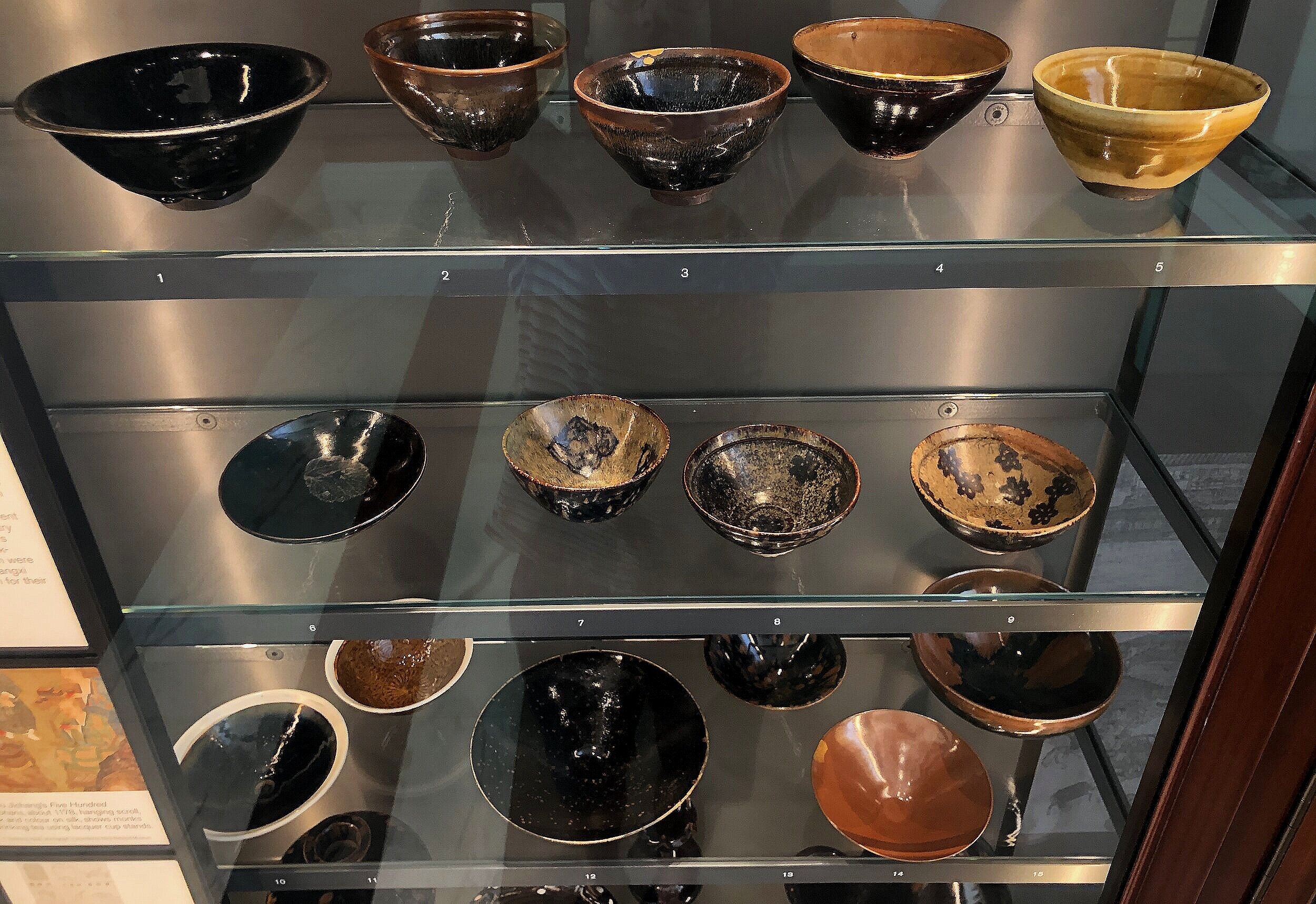Marginal vs. Comprehensive Improvement
One philosophy I hold is the ideal of continuous improvement. While it's important to accept yourself and the world as it is, that doesn't mean you need to give up on trying to make things better. Often times, this involves taking two steps forward and one step back, or letting go of something to make room for something else. With this in mind, it's important to think about whether changes you make cause comprehensive improvement, or only provide a marginal benefit. Let's look at a few examples.
When traveling, I often take a single 21L backpack. This year, I also have a small carry on roller with, but that's still quite a limited amount of space to carry all the possessions needed to go from living in the heat of India to hiking in the mountains of Japan or enjoying winter in Germany. With space at a premium, each and every item needs to be carefully thought out to maximize efficacy in as many situations as possible.
One item which I changed this year was my battery pack. Last year, I would carry an Anker pack enabled with USB-C fast charging, and enough power to charge my computer for brief stints of time. Upon discovering a wireless charging pack in Japan, I decided that it wouldn't matter if my phone charged a bit slower if I could manage to do away with the wires. While I still agree with that underlying assumption, in actuality, the pack was a bit finicky. If I took my phone off the charger, sometimes when I put it back on it wouldn't automatically resume charging. This meant that when exploring a new city I often relied on a wire to ensure continuous charging. So, although the new pack was an improvement in the sense that it did away with the need for a phone cable, it ended up being less useful than the original fast charging battery. In other words, it was a marginal improvement.
An example of a more comprehensive improvement is that of the new travel tea set I got last year. The previous tea set was quite nice, with a red and gold dragon pattern on it, and it held many great cups of tea shared with people all over the world. However, the cups were quite small, even by small tea cup standards, and as they were thin porcelain, would often be too hot to hold in your hand. Porcelain is also quite fragile, and despite having a carrying case, I was always worried about the set breaking. The new assortment fits almost as many cups (4 instead of 6) in the same amount of space, with a bigger gaiwan. Doubled walled titanium still conveys some heat, but just enough to give a cup that nice warm feeling without being too hot to handle. Titanium is also extremely durable, and could last not only the rest of my life, but theoretically be passed on for generations. It also allows you to anodize it to give it a custom color pattern, which I did with my grandfather to make it a variety of blues. Simply put, it was a comprehensive improvement over the old tea set, being better in every way I can imagine.
Just like with travel gear, there are some life changes that will be a marginal improvement, and some that will be comprehensive. It's not that marginal improvements are useless, but rather that it can be helpful to try and evaluate if a change you are considering will cause enough improvement to be worth the effort. At the end of the day, nothing's ever going to be perfect, but some changes will be more worth your time and effort than others.
###
Photo is of ancient pottery in the British Museum. The top row are Fujian tea bowls, followed by Jizhou pottery on the middle row and various other pieces on the bottom. The oldest bowls are numbers 2 and 3 which were produced sometime between 960-1279.





